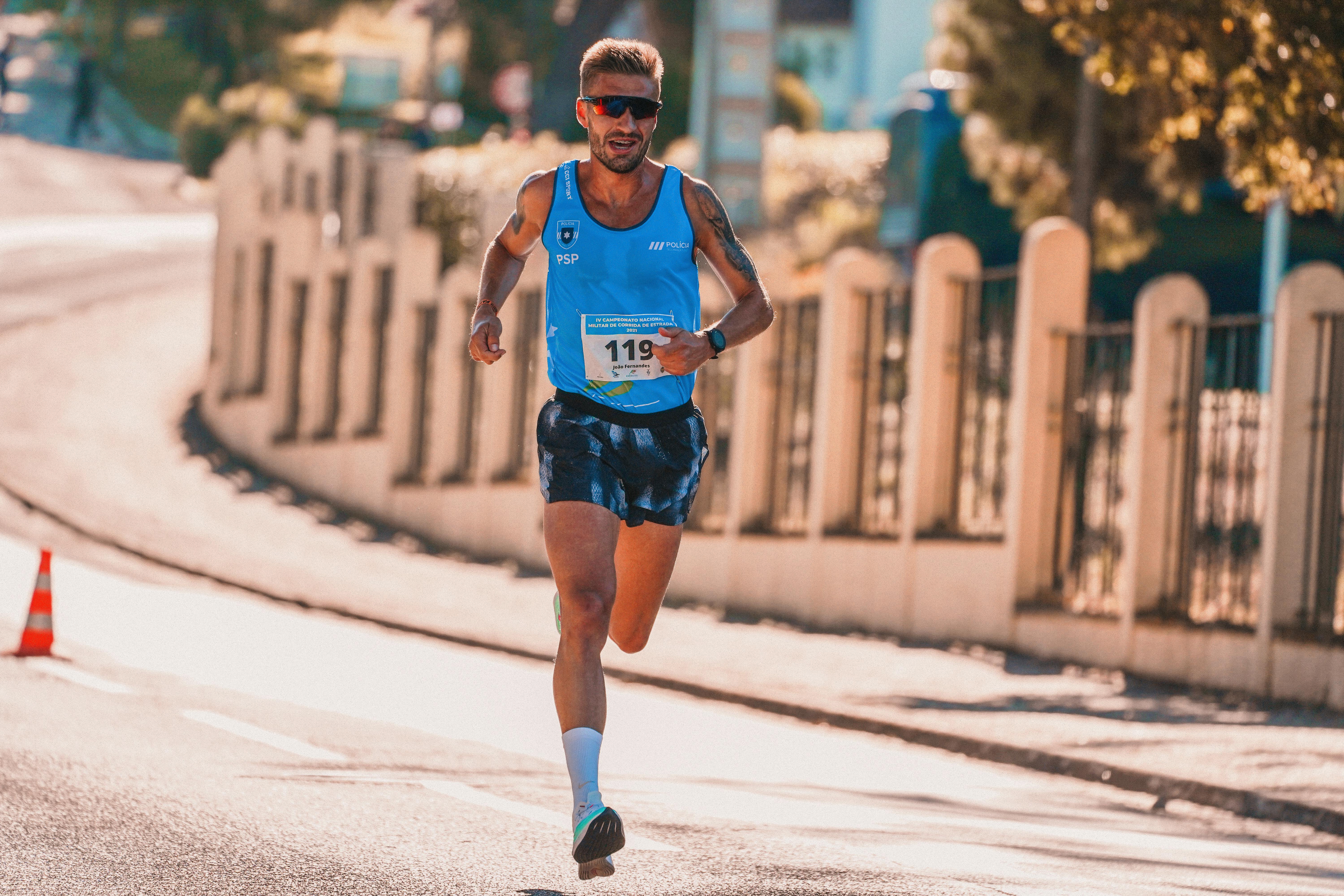
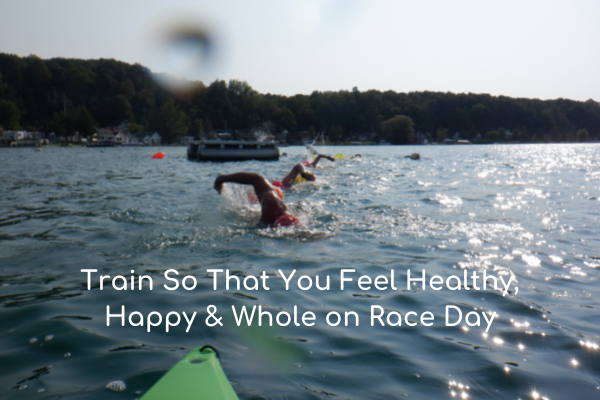
Do you know what is even harder than actually training for an event? Whether it is a 10k or an ultra-marathon or sprint triathlon to an Ironman? Did you guess that it’s getting to the start line healthy and injury-free? Before the Olympics or any big championship race, headlines are filled with stories of athletes unable to compete due to an assortment of injuries and illnesses. Who can forget Deena Kastor pulling out of the Beijing marathon at 5K unable to even walk or when Mirinda Carfeae pulled out of Kona in 2015 after getting hit by a car a week before the race. Both of these talented women must have known that something wasn’t right before they started? Year after year sports media run stories about injured and ill athletes and the speculation about whether they will recover in time for the big day.
I have dealt with injuries and have made decisions to race based on emotion rather than reason, hinged on hope and fantasy. Hope that the ailment will miraculously go away, hope that the fitness prior to the condition will carry us through, hope that just for a few hours everything will feel excellent. Leading into two early 70.3’s last year I struggled with lower leg pain. My running times were off and getting noticeably slower and I felt terrible running anything over 3 miles. Race morning I was incredibly nervous, more so than normal. I knew, deep down, I was fighting a losing battle. It should have been no surprise that I walked almost the whole race, yet I was still terribly disappointed. I put myself in this no-win situation by starting a race my training told me I would have trouble finishing.
Last season, an Organic Coaching athlete had a tough choice to make after an old injury flare-up. A mere 36 hours before the race, a wise coach/athlete decision was made not to race an Olympic length triathlon. It was a tough decision to step away and understood the big picture and miss a favorite local race in favor of getting completely healthy, happy, and whole for a much bigger race later in the season.
Getting to the root of the problem. Endurance athletes are a competitive bunch of people and we enjoy the journey of testing ourselves on the day, whether it’s a small local event or a World Championship race. Making the decision not to compete is tough! Yes, as athletes we are caught between two hard spots. If we pull out of a race before it starts, people question the decision and ask “why don’t you just wait and see how you feel that morning?” If we race and DNF people say “you knew you were not feeling well, so why did you start?”
This is why the decision to skip a race never comes lightly, but, is entirely important for overall physical and mental health. Skipping a race to recover will cause some disappointment which will quickly disappear once training returns to normal and the next race is in sight. However, racing while sick or injured will almost always lead to long-term negative effects of delaying recovery and often shatter confidence, self-esteem, and most often leads to negativity that takes more time to resolve than disappointment. The next time you are confronted with the decision of racing or not racing due to illness or injury, think carefully about the effect of racing and then decide not to race.
With some mindfulness and dedication to your own wellbeing – regardless of how challenging the decisions may be – you will be able to make it to the start line feeling happy, healthy and whole.
READ MORE: HOW TO IMPROVE CONCENTRATION AS A TRIATHLETE
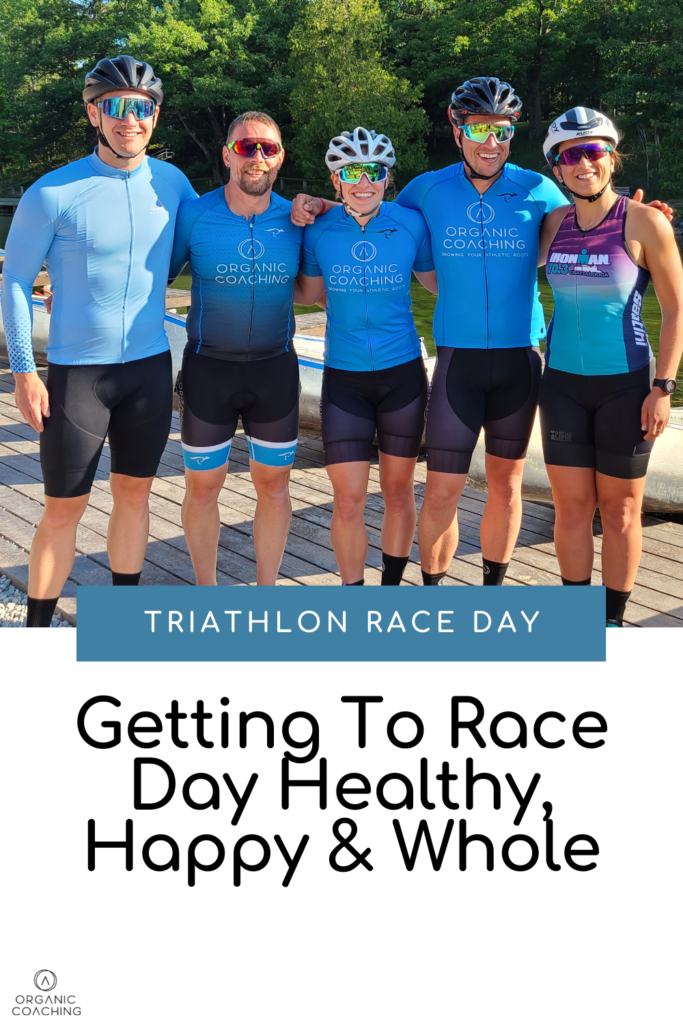
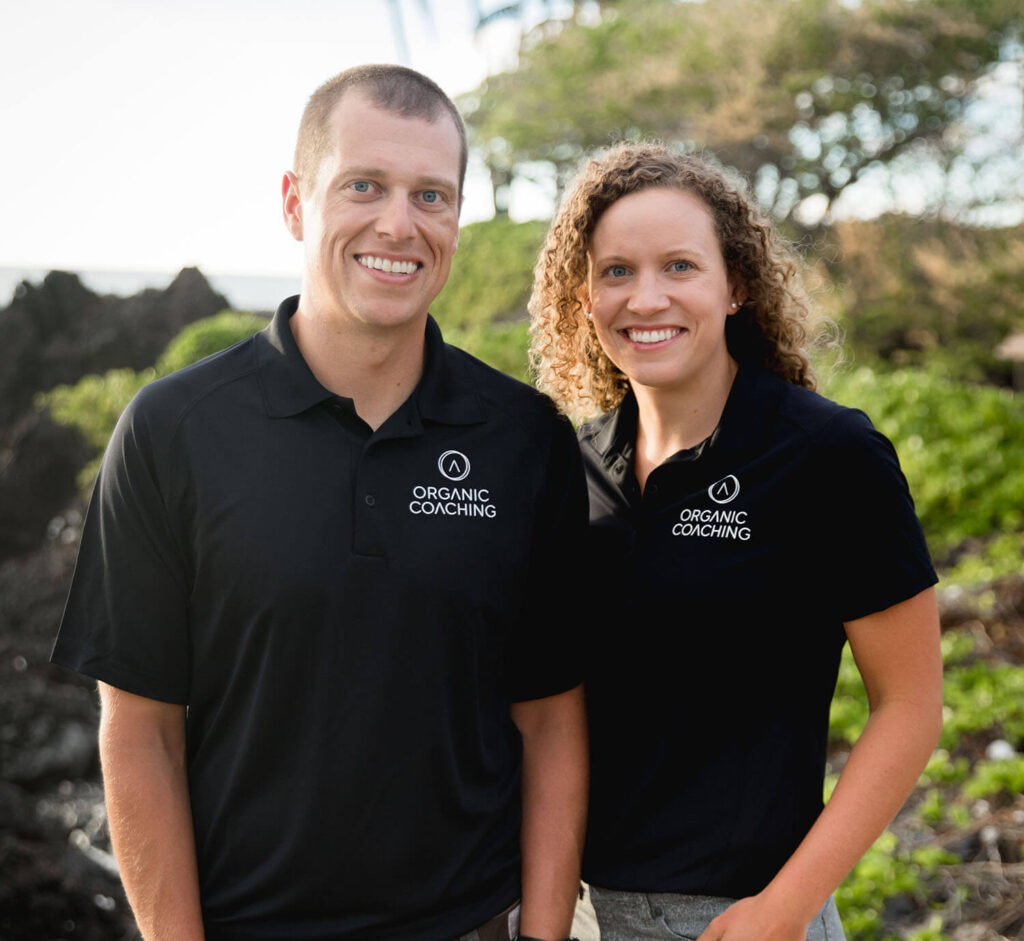
Carly and Tyler Guggemos built Organic Coaching in 2014 with a simple philosophy that works. The idea is to take what you have and grow it to get faster, fitter and stronger. And to do it with the time you have – not the time you wish you had.
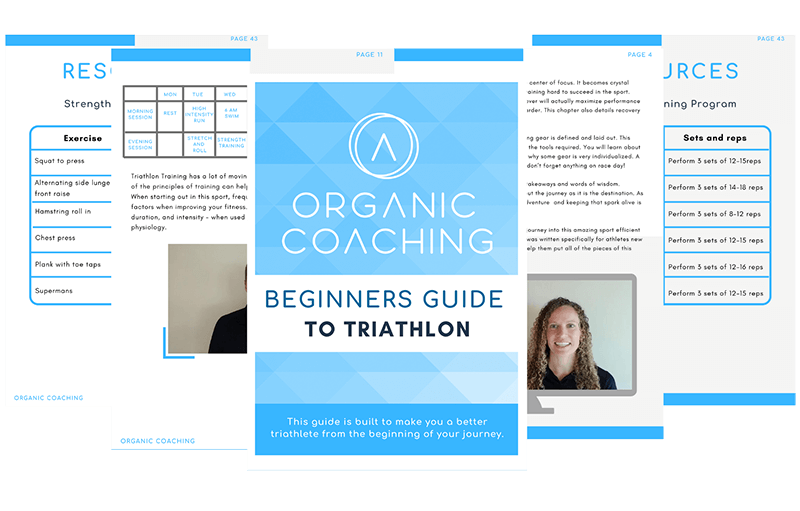
For athletes who are ready to take their training to the next level while still thriving and succeeding in their professional and family life.
Copyright © 2024 Organic Coaching LLC